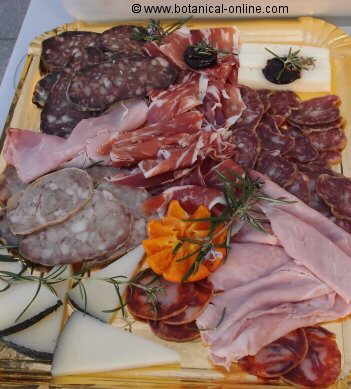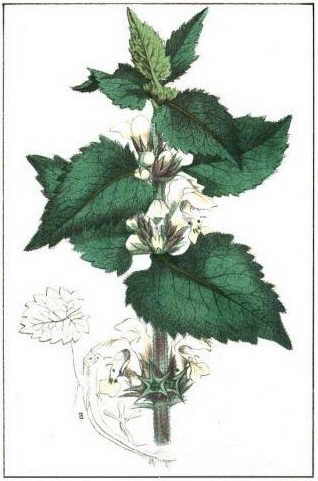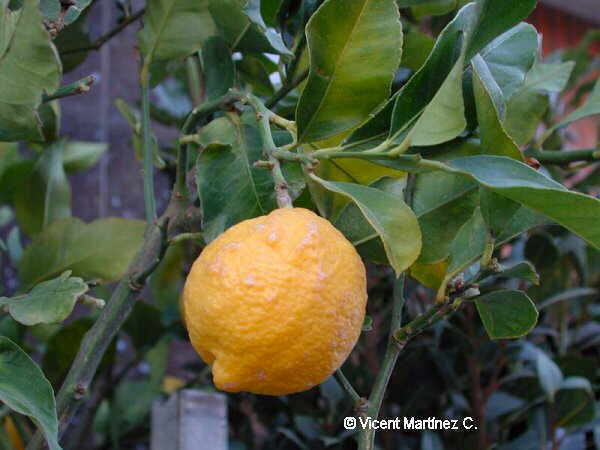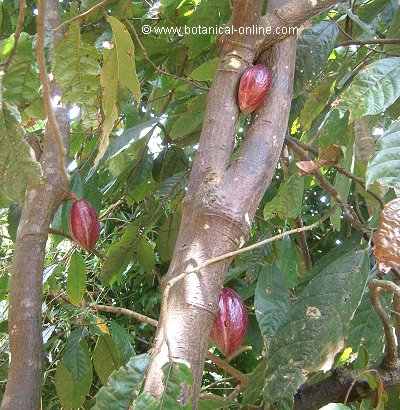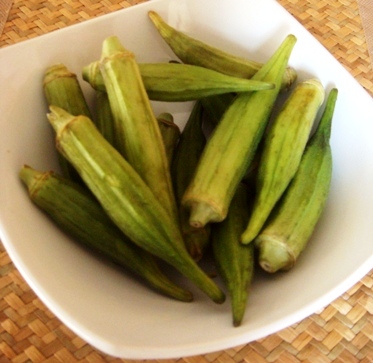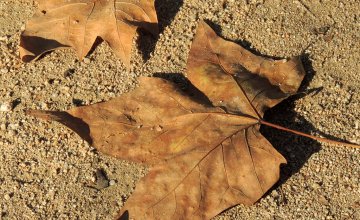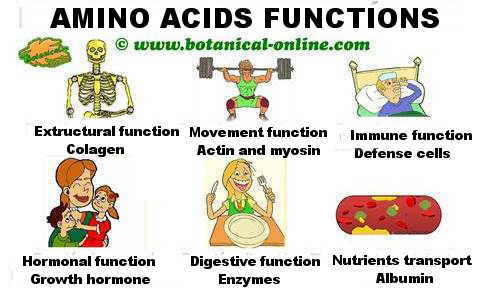Contents
WHEN YOU SHOULD NOT TAKE HIBISCUS
What it is and what it is hibiscus used for?
Hibiscus (Hibiscus rosa-sinensis) is a plant of the Malvaceae family.
These plants are well known in gardening for its large showy flowers, that have great ornamental value.
Like other plants in the the family of Malvaceae, Hibiscus is rich in mucilage, a type of soluble fiber.
What are mucilages used for?
Mucilages have emollient properties, that is, they soften, moisturize and protect the skin. Hibiscus soothes irritated tissues (gastritis), and relaxes spasms (cramps).
It is used to relieve skin conditions such as wounds, cracks, sores, pimples, cuts, burns, sunburn, etc.
What are hibiscus contraindications?
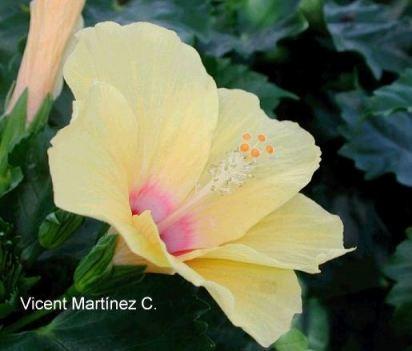 Photography of hibiscus
Photography of hibiscus- Pregnancy and lactation: hibiscus has abortifacient properties and should not be used in pregnant women because it can cause abortion.
- Preparations of hibiscus are not suited for infants.
- Diabetes: mucilages and plant extract may influence glucose levels in blood and may cause hypoglycaemia. It is recommended that the treatment be supervised by a physician.
- The essential oil can have hallucinogenic effects, so that specialists prefer to replace hiciscus with safer remedies, as wild mallow or marshmallow.
![]() More information on hibiscus.
More information on hibiscus.

